Trees, forests, wood and plants are a barrier against erosion, landslides and avalanches. The roots of trees give the soil the structure it needs to absorb and retain water when it rains, avoiding floods that would otherwise wash away perfectly fertile soil, which we need in order to grow food.
The forestry in Pakistan is a main source of lumber, paper, fuel wood, medicine as well as food and provide ecotourism and wildlife conservation purposes. Less than 4% of land in Pakistan is covered with forests which is alarming situations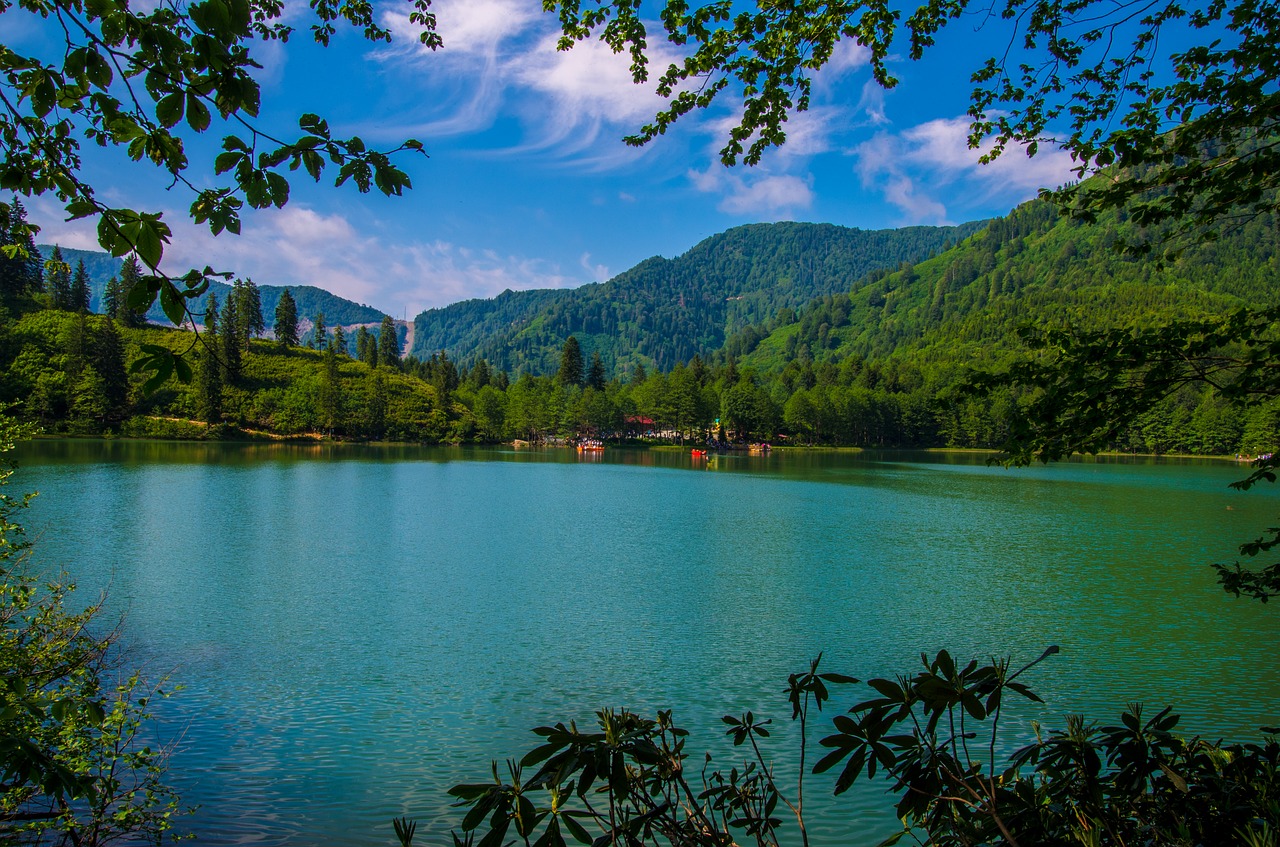
According to the statistics, Azad Jammu and Kashmir has the highest forest cover at about 38 percent followed by Khyber Pakhtunkhwa 21 percent, Islamabad ICT 22 percent and Federally Administered Tribal Area which is now part of KPK 20 percent.
There are different types of forests and trees in Pakistan and most commonly includes
· Sub-tropical dry forests – found in Islamabad, Attock, Jhelum, Peshawar, Gujrat abd surrounding areas
· Coniferous forests – found in Chitral, Swat, KPK, Dir, Malakand and Rawalpindi area
· Thorn forests – found in wide area of Punjab, Sindh and Balochistan
· Irrigated plantations - found in Changa Manga, Lahore and some other areas
· Riparian forests – found in narrow belts of Sindh, Punjab along the bank of River Indus. Babul, Shisham and Tamarax are the most common types
· Mangrove wetlands – located in the Indus River Delta, coast of Balochistan and are species bamboo and marsh grasses.

The more antique the forest, the more efficient it is, the more it creates healthy branches, nutritious fruits, nuts, and even soul-nourishing landscapes and nutritious environments.
Here are some important reasons why forests are so important for us
1. They help us breathe
Forests pump out oxygen we need to live and absorb the carbon dioxide we breathe out. A single mature, leafy tree is estimated to produce a day's supply of oxygen for anywhere from two to 10 people. Phytoplankton in the ocean are more prolific, providing half of Earth's oxygen, but forests are still a key source of quality air.
2. People live there
Some 300 million people live in forests worldwide, including an estimated 60 million indigenous people whose survival depends almost entirely on native woodlands. Many millions more live along or near forest fringes,
Forests are the only source of clean and pure air. No air purifier or air conditioner does even the half work of purifying the air, as is done by the forests. Trees absorb the harmful gases present in the air such as sulfur dioxide, carbon monoxide and trap them in the leaves and its bark, and release oxygen. A mature leafy tree is estimated to produce as much oxygen in a season as 10 people inhale in a year.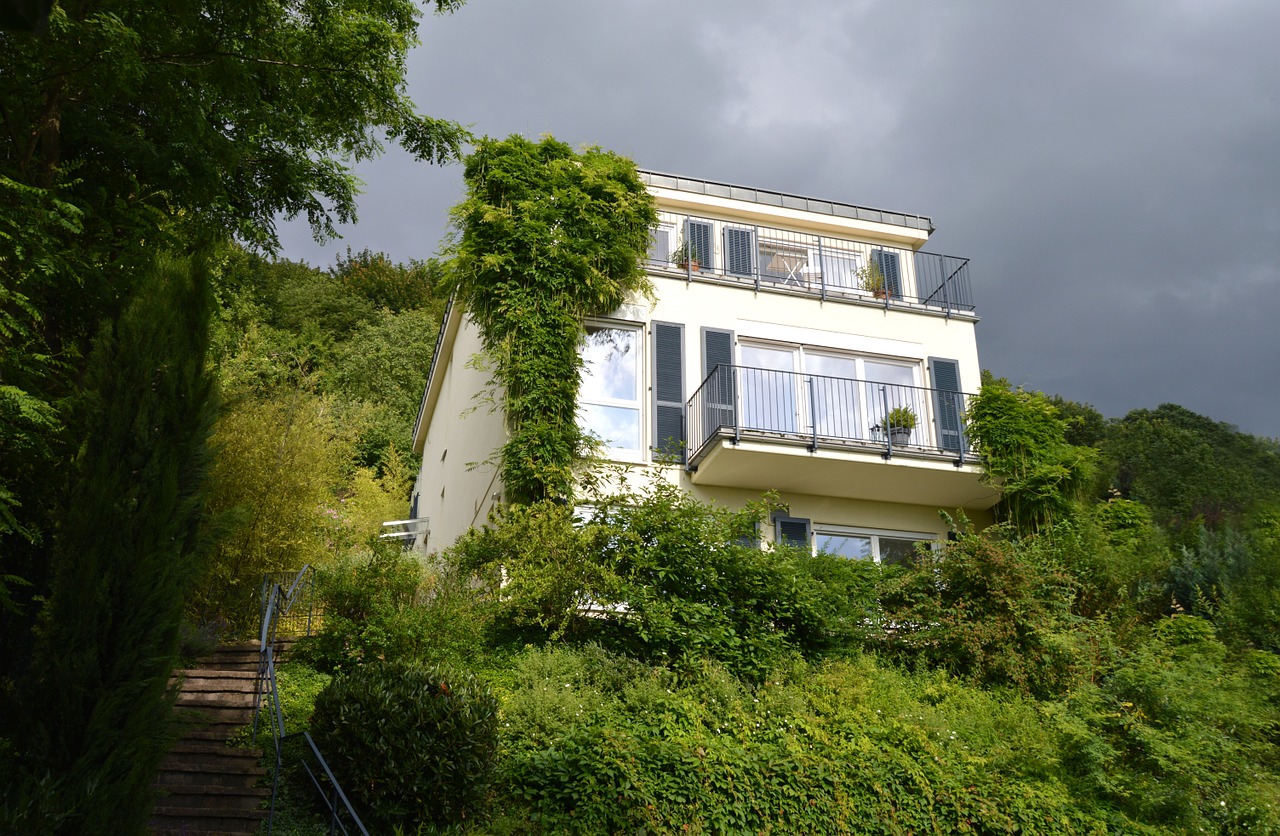
3. Provide Clean water
It is often said that healthy forests act as a filter to keep pollution out of the water. Trees help in filtering out heavy metals and nitrates through their roots from the waster before it makes its way to the water sources and further in the water cycle. People in the remote areas of the country with a decent forest area, still consume water directly from the rivers, as forests act as a natural water treatment plant. 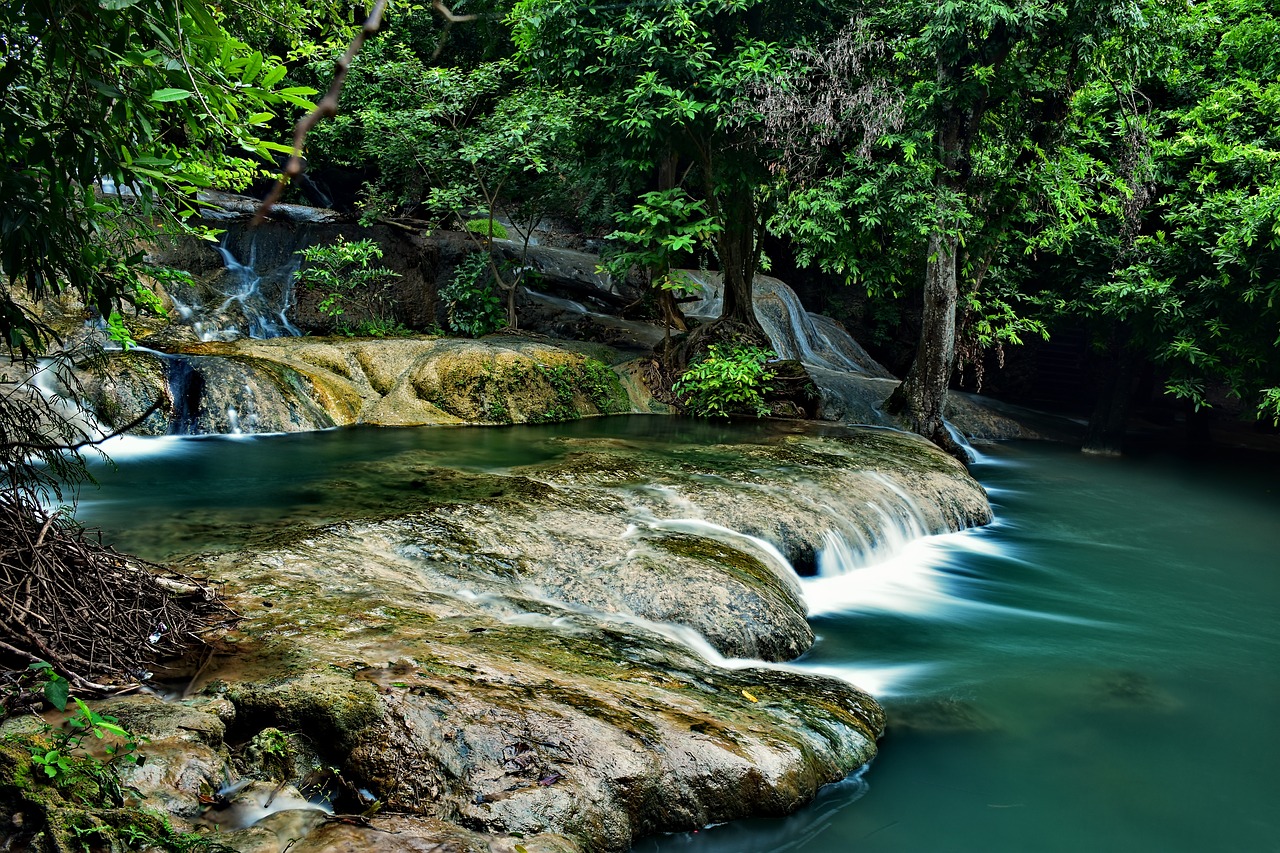
4. Recreation and Relaxation
Our day to day hustle in life, be it school or work, can be extremely stressful, which makes us lose peace of our mind. It has been confirmed that spending time in the forest has a positive influence on our mind and body. The cool and calming breeze, the chirping and harmonious songs of the birds, sighting of the beautiful creatures, relaxes our body and comforts our soul. Forests have a healing outturn to our mind.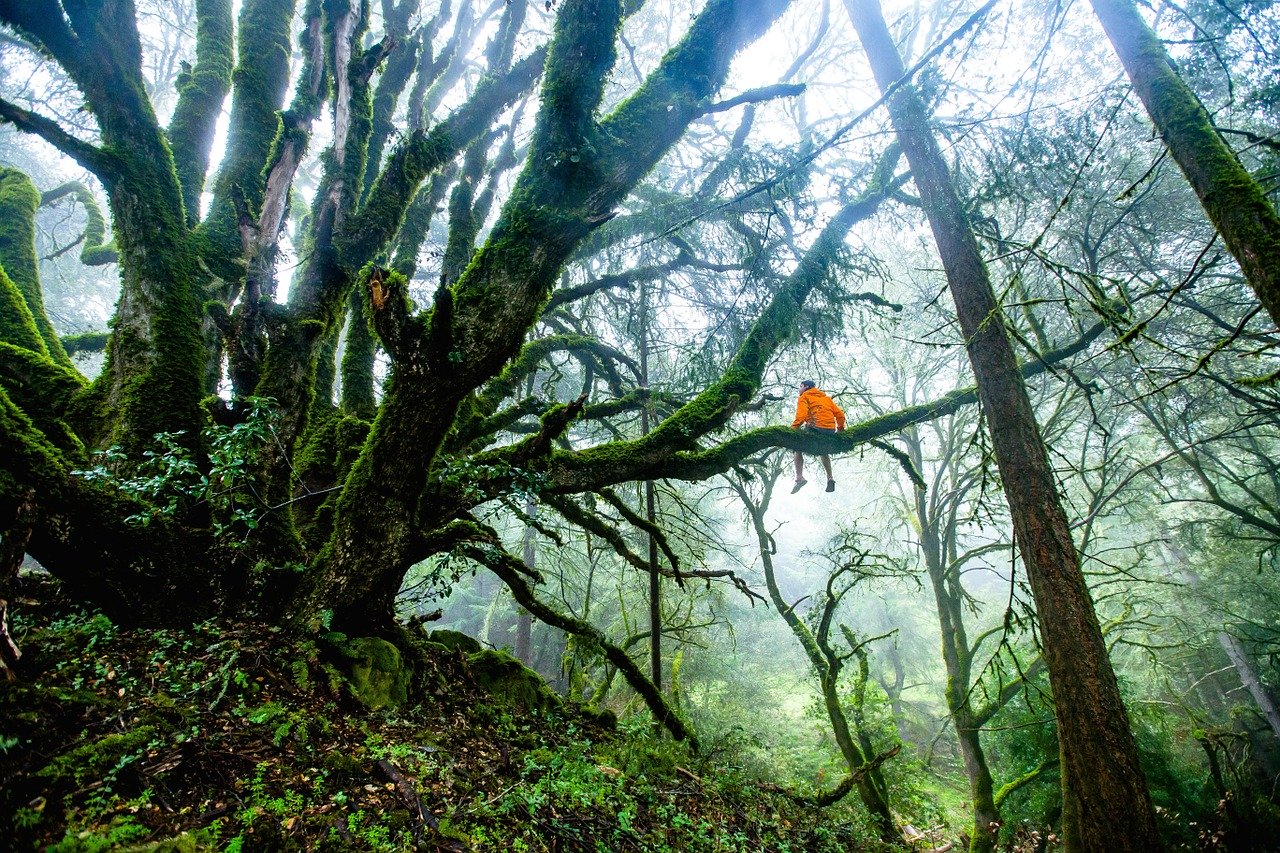
6. Regulates rainfall
Forests play a vital role in the rainfall regulation, by their interaction with water cycles. During transpiration, moisture from the trees is released to the atmosphere, where it condenses to become clouds and consequently it rains. In other words, forests cool local climate and help generate rainfall.
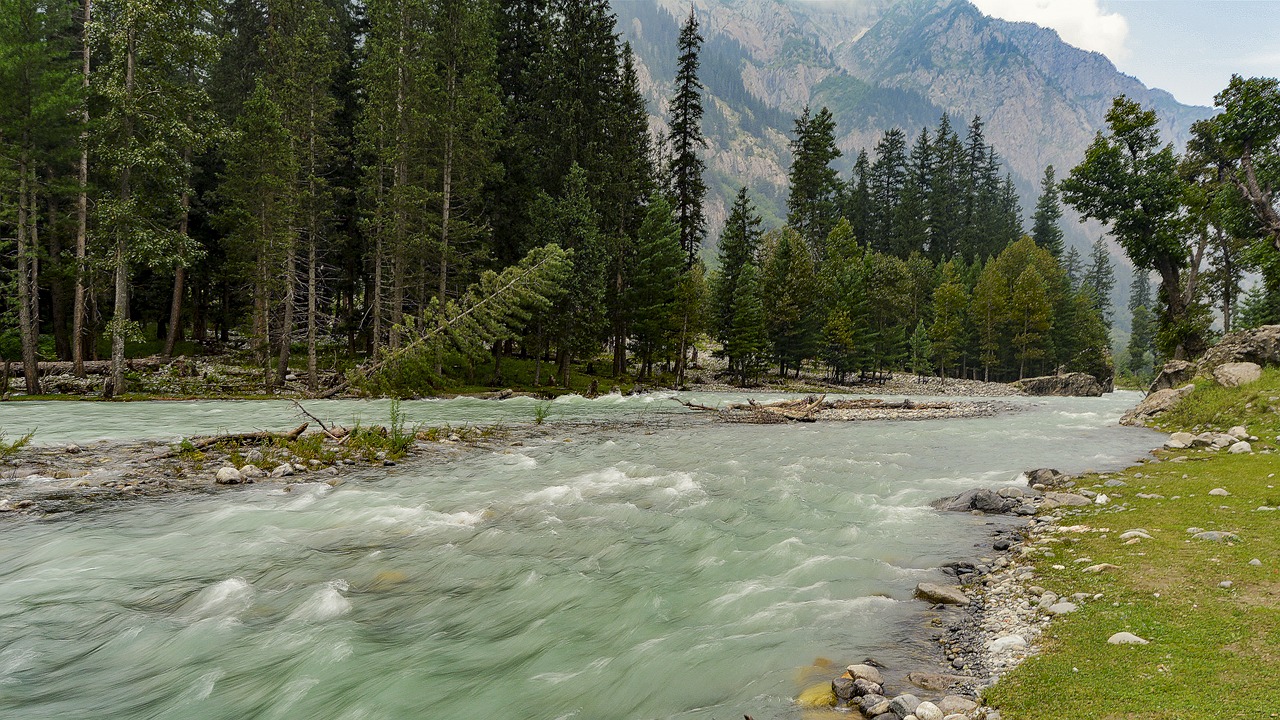
7. They keep dirt in its place
A forest's root network stabilizes huge amounts of soil, bracing the entire ecosystem's foundation against erosion by wind or water. Not only does deforestation disrupt all that, but the ensuing soil erosion can trigger new, life-threatening problems like landslides and dust storms.
Forests play a vital role in the rainfall regulation, by their interaction with water cycles. During transpiration, moisture from the trees is released to the atmosphere, where it condenses to become clouds and consequently it rains. In other words, forests cool local climate and help generate rainfall.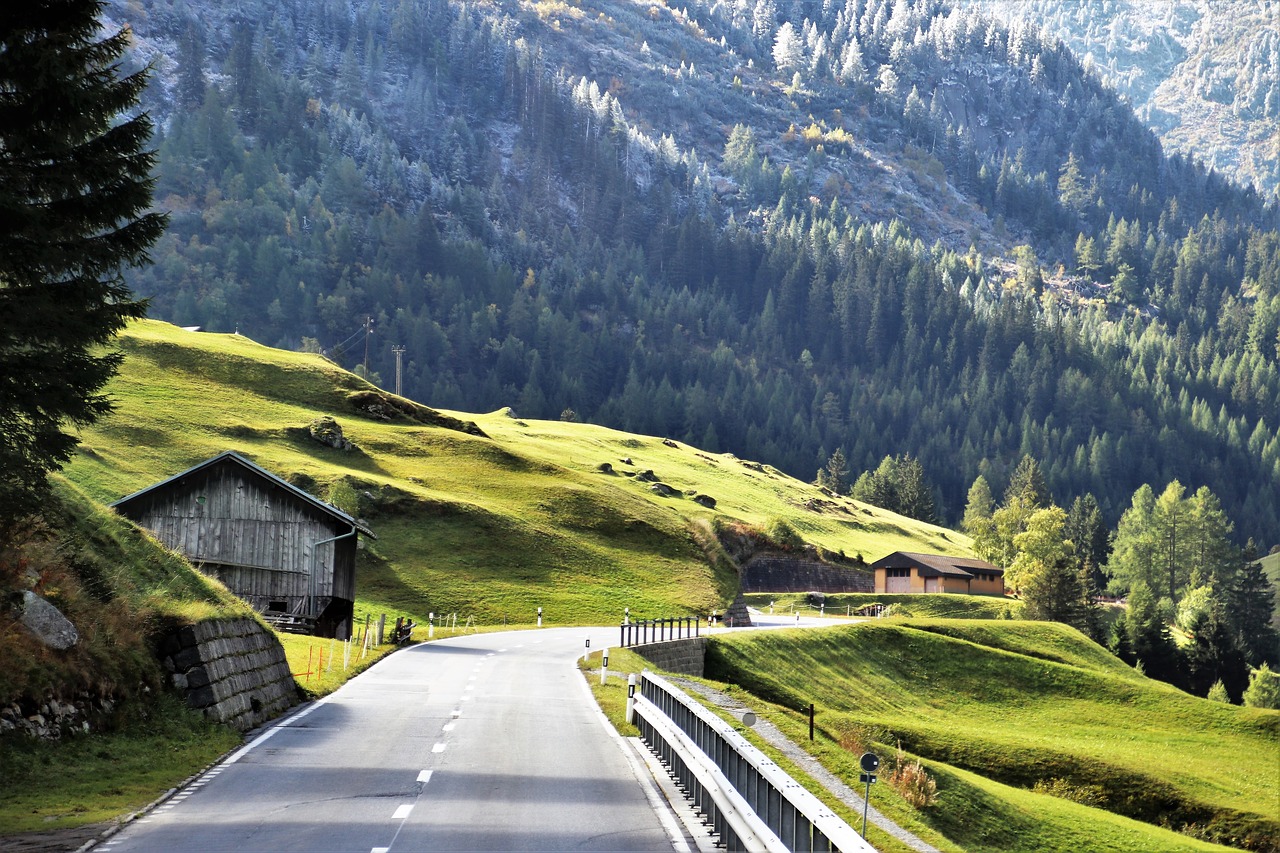
8. Keeps the environment cool
Once summer hits, we all love to go to a park, find a tree nearby, sit under its shade and get relaxed. Not only us, but the earth also loves its shade too. As tree provides shade, the soil doesn’t dry out and the moisture remains in the soil which keeps the environment cool.

9. Supports livelihood
Forests support the livelihood of about 2 billion people globally. People depend on it for food, fuel, construction purposes, livestock grazing, medicine, fruits, and trade purposes. Collecting medicinal herbs from the forest and selling them in the market provides monetary support
Statistics shows that forests in Pakistan has decline 3% and the reason of deforestation are urbanization, farming, over grazing, construction, shortage of water and tourism development places. As a consequence, the deforestation and changing land use patterns which is critically affecting ecosystems in Northern Balochistan timber and fuel wood. Also, Indus River zone has been affected drastically and have been largely cleared for agriculture. 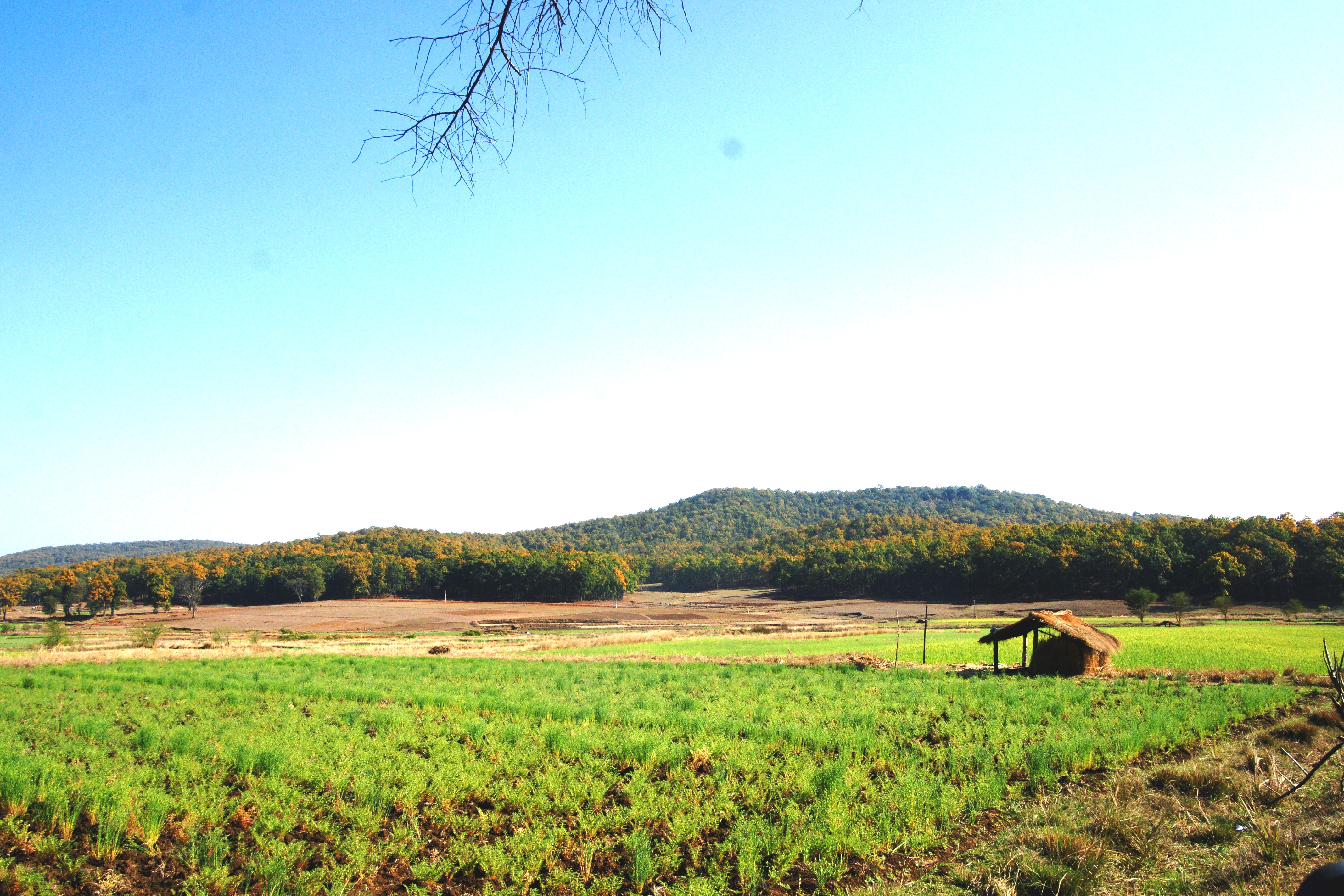
Himalayan forests are also under severe pressure from logging for timber and firewood and for clearing for agriculture and human settlements.
Environmentalist activist Zulifiqar Ali suggested that, beside other measures, if the government of Pakistan make a mandatory law for Real Estate and construction sector that every new constructed house must grow/have at least three big trees in/out the house which can leave very positive impact on our environment and on rising temperature in future. Each Plaza must have at least 25% of area dedicated for green belt, flowers and trees. This will also reduce the burden of government to grow billions of trees and tackle environmental issues alone. These laws must be linked to building / house build approvals and strictly be enforced afterwards. This would also create a large job opportunity for people in Pakistan who love and work in farm nurseries and trees.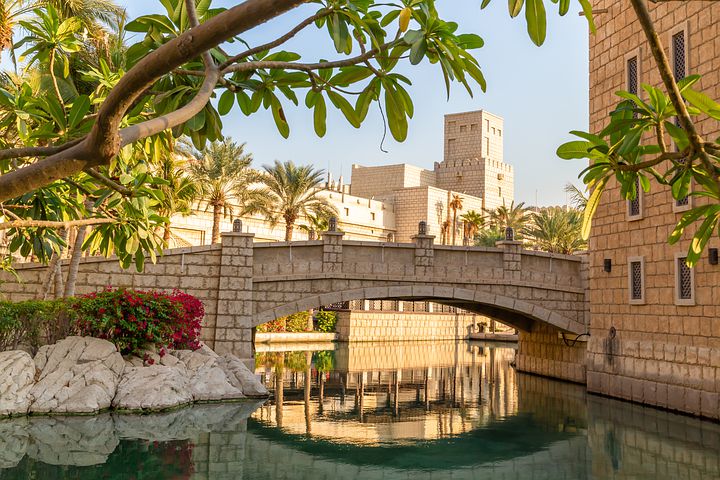
Our trees and green belts are dying and we need to protect them collectively to save our future
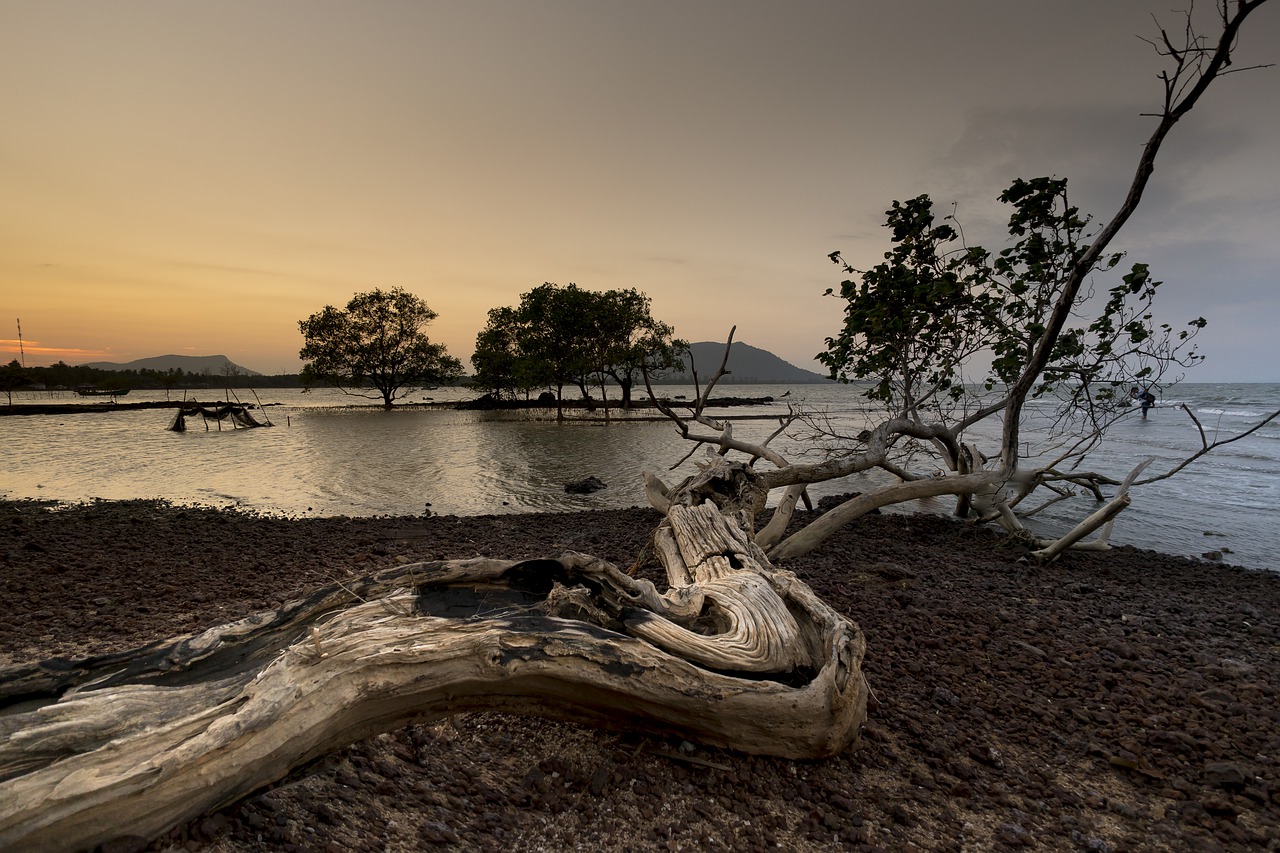
For more, keep connected and updated with www.SabzProperty.com










LEAVE A REPLY
Your email address will not be published. Required fields are marked *